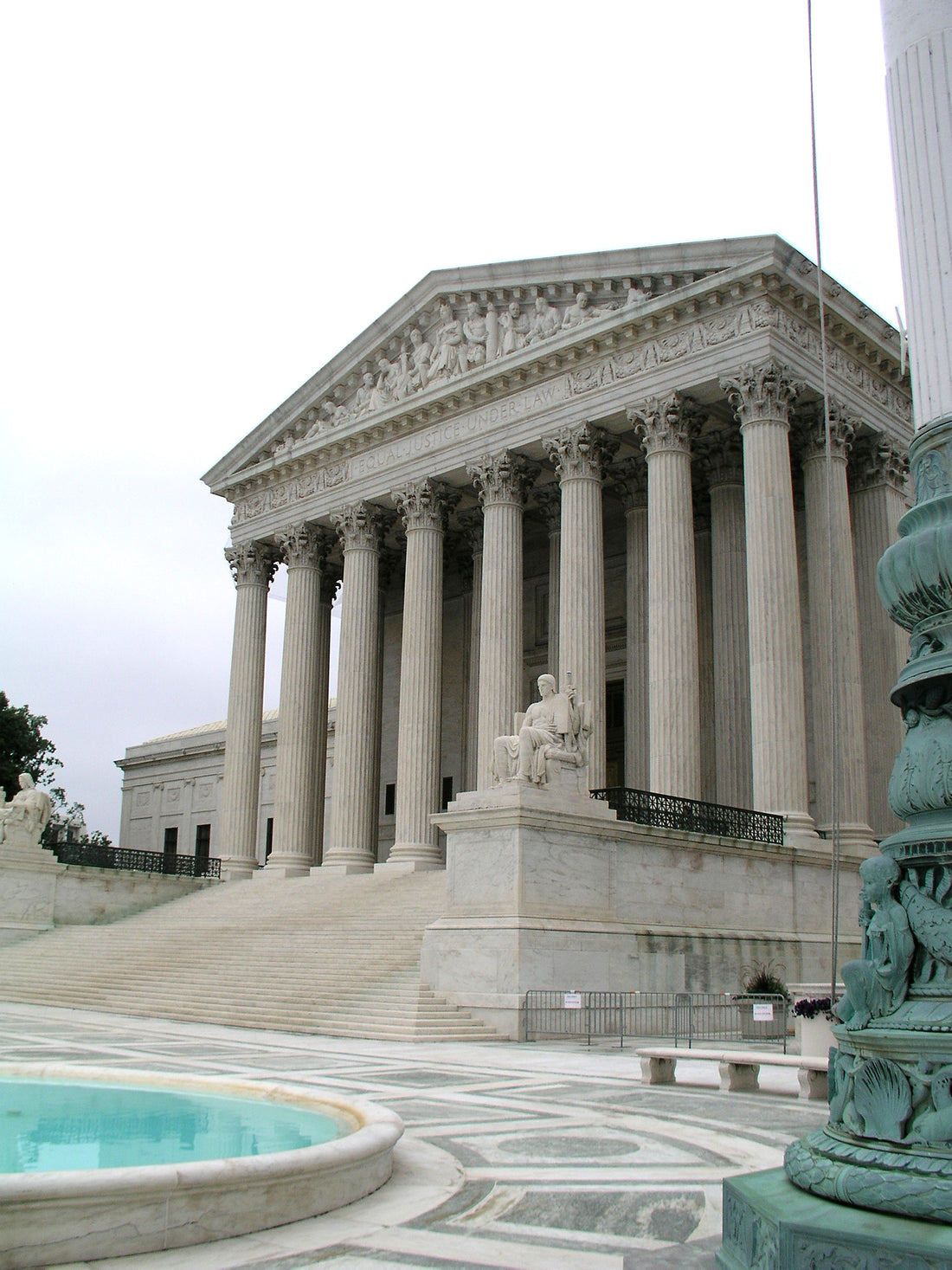NAHC announced today (20 April 2016) that the Supreme Court is considering arguments made yesterday (19 April 2016) that billing CMS for home health or hospice services implies that the billing agency complies with all Conditions of Participation.
"The U.S. Supreme Court heard arguments on April 19, 2016 in a case that has broad implications for any provider doing business with Medicaid and/or Medicare. . .
"At the heart of the case is the question as to whether the submission of a claim for payment to Medicaid impliedly certifies the accuracy and validity of the claim in the absence of an express certification of such. . .
"The state did not attempt to deny the claim. Instead, it issued a citation of deficiencies to the provider with required corrective action along with a fine levied on one individual. However, a False Claims Act case was brought by the patient’s family arguing that the rule violation made the claim submission a false claim by implication. . .
"Home health agencies and hospices are among the providers that could be affected by the Court’s ruling, which is expected by the end of June. While some conditions of participation are also conditions for payment, not all are considered such. If the Court accepts the implied certification standard, it could trigger more whistleblower False Claim Act-based lawsuits in matters of regulatory compliance. For example, a violation of one of the myriad . . . rules in the Medicare Conditions of Participation could be the basis of such a lawsuit even where the person received appropriate and Medicare-covered services. . .
[False Claims Act lawyers] "lawyers go looking for people, employees and patients, who can then act as plaintiffs,” stated Bill Dombi, NAHC Vice President for Law, who attended the Supreme Court argument. He added that it not as simple as it may sound in that they still need to prove that the claim was “false or fraudulent” and that the falsehood was material to the claim presented for payment. “False” means that the provider knew it was false or that the provider acted with reckless disregard as to its falsity. “There is a big difference under the False Claim Act standards between knowingly selling the military guns that do not work and a negligent violation of a Medicare Condition of Participation that had no material impact on whether the care provided was within coverage standards, stated Dombi. . .
"If the Court accepts the implied certification standard, all health care providers will need to redouble their compliance efforts on all rules to manage the risk that a violation rises to the level of a False Claims Act risk. NAHC will report on the decision when it is issued.
"More information about the case can be found at www.supremecourt.gov. Search under the name of the case or its case number, 15-3."

